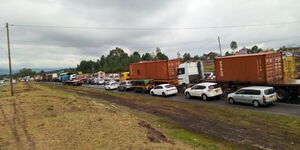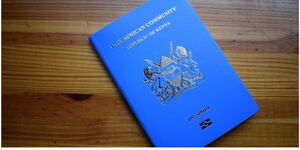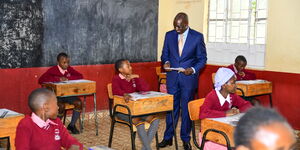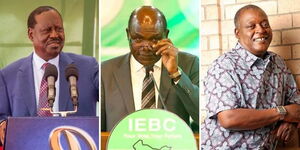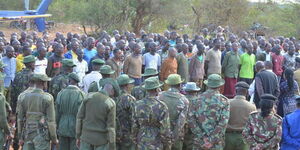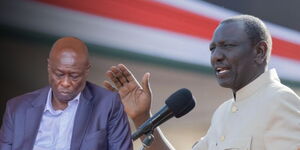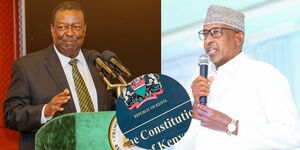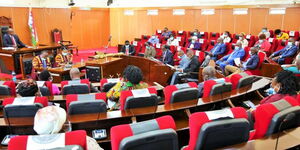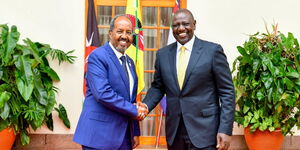President William Ruto's UDA has kicked off plans for the upcoming Phase II Ward-level grassroots elections with the official opening of its online portal to enable participants to register.
In a notice, the ruling coalition has welcomed those who wish to participate in the elections to register.
UDA's National Elections Board chairman Anthony Mwaura said the portal, which was opened on Wednesday May 7, will be closed on May 16. This will enable Polling Centre Committee Officials and eligible participants to register.
"The National Elections Board of UDA wishes to inform all Polling Centre Committee officials and eligible participants that the online registration portal for the upcoming Phase II Ward-level grassroots elections will be open from May 7 and will close on May 16," the notice read in part.
According to the elections board, the party will be conducting the Ward-level grassroots elections in 22 counties.
The counties are Bungoma, Garissa, Isiolo, Kajiado, Mandera, Marsabit, Makueni, Migori, Kilifi, Kisii and, Kisumu.
Others are Kitui, Kwale, Lamu, Machakos, Mombasa, Nyamira, Siaya, Taita Taveta, Tana River, Turkana and ,Wajir.
The board has welcomed all the members to participate in the elections terming them as a democratic process that is important to the party.
"All eligible participants are encouraged to register on our grassroots registration portal within this period and actively take part in this important democratic process," the notice said.
The elections are expected to have a major bearing on the 2027 General Election, with the ruling party seeking to strengthen its internal structures and consolidate support at the constituency level.
Party elections in Kenya have often been marred by disputes and chaos, leading many political outfits to either avoid them or opt for consensus.
Previously, UDA faced delays in concluding its grassroots elections.
The elections, which began in April 2024, were suspended in June due to the Gen Z protests.
UDA had initially planned to conduct elections in Nairobi, Narok, Busia, West Pokot, and Homa Bay but only managed to complete them in Busia and Homa Bay before halting the exercise.
Security concerns caused the postponement of elections in West Pokot, while petitions challenging the credibility of the process led to delays in Nairobi and Narok.

